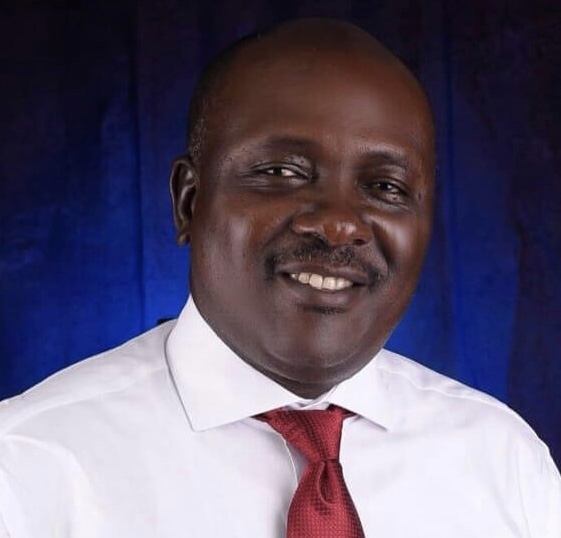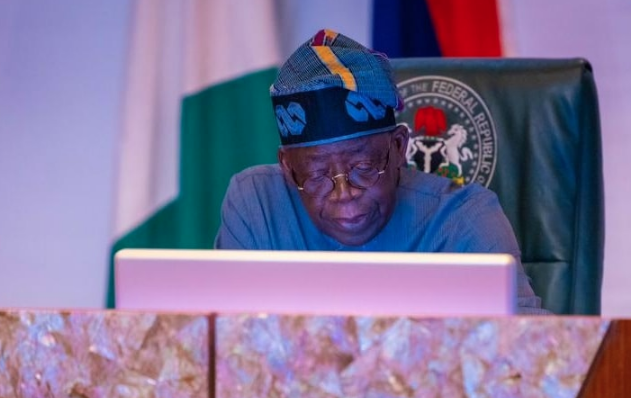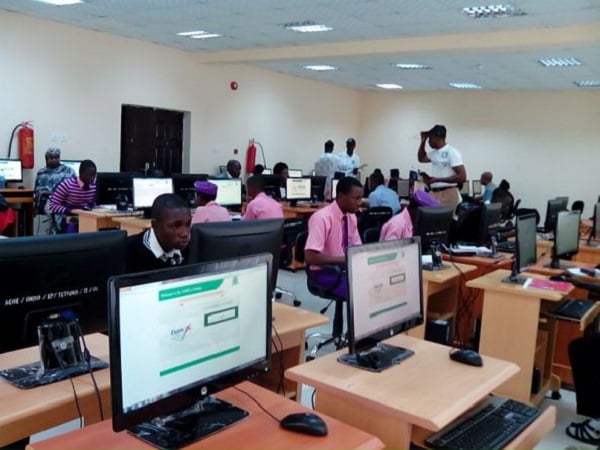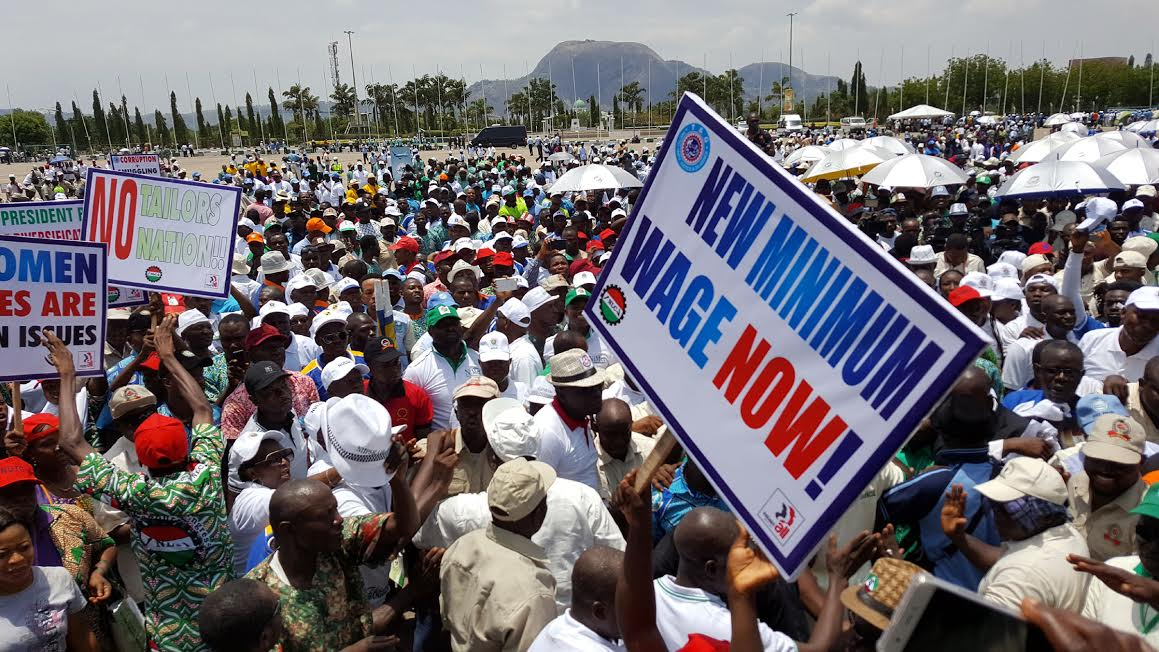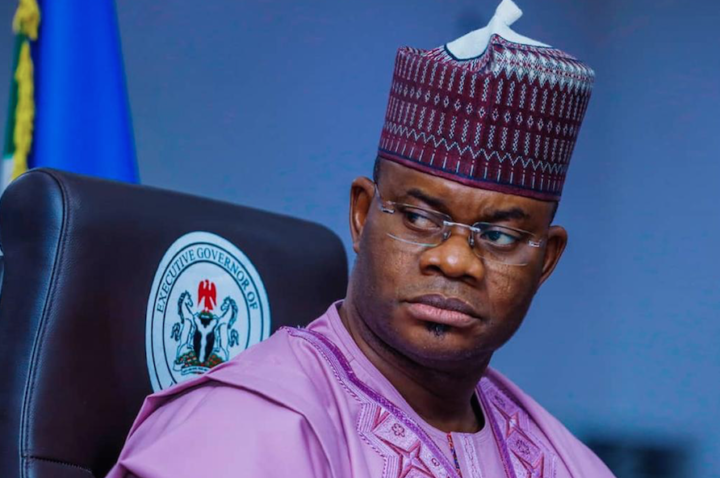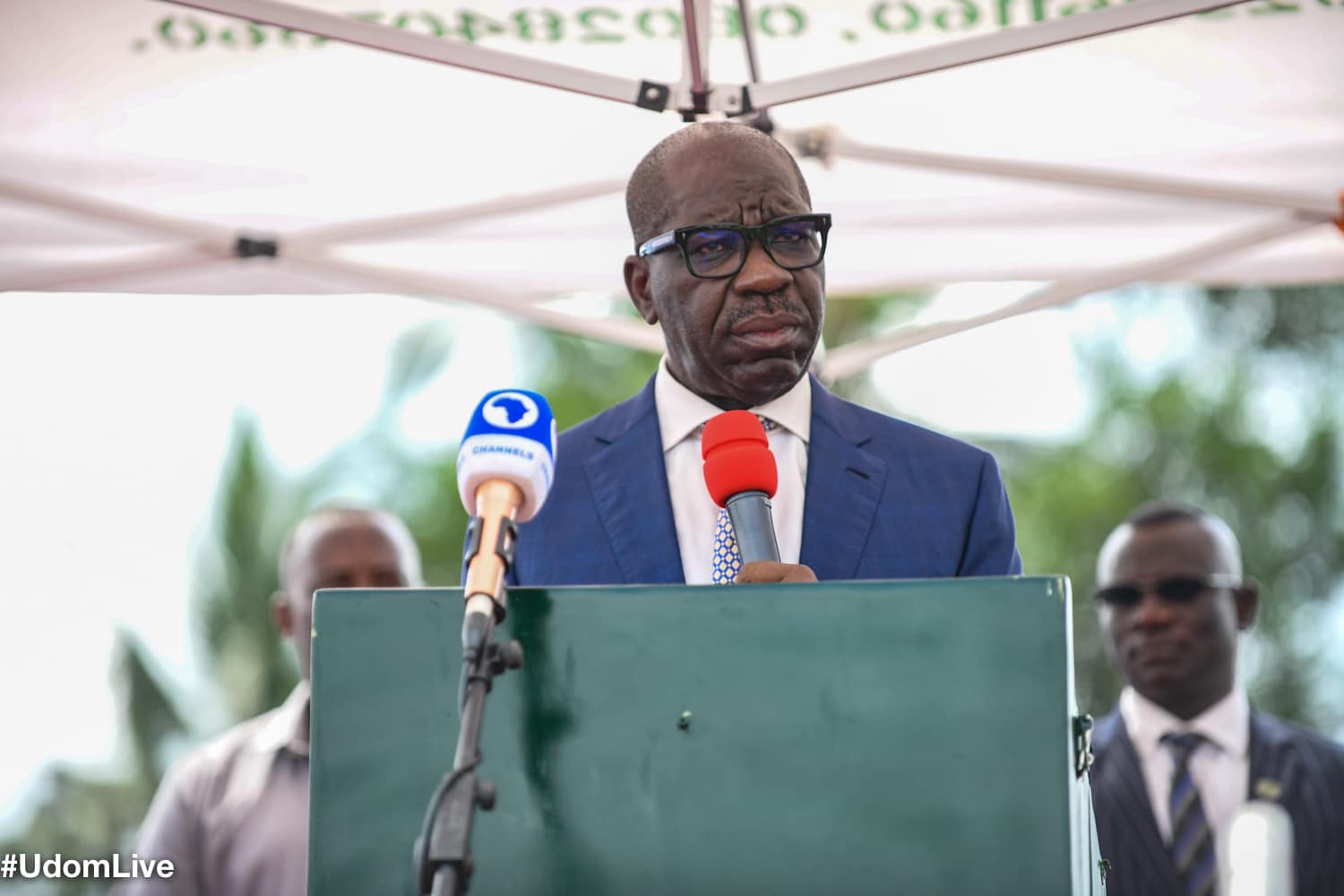Yahaya Bello
About two weeks ago, I joined Babajide Kolade-Otitoju on a Television Continental programme: “Journalists Hangout.” The programme provides perspectives to trending and topical issues in Nigeria and beyond, especially as they affect Nigerians. One of the topics of the day was the seeming face-off between a former Governor of Kogi State, Yahaya Bello, and the Economic and Financial Crimes Commission.
Days after, information coming out of the anti-graft agency was that our punches were not just hard but below the belt.
No one, not even myself and Kolade-Otitoju, can be against the trial of anyone, including Bello, for corruption. But let all factors, including fair hearing; respect for human rights; establishment of a prima facie case that would not result in huge costs for prosecution, years of going in and out of courts, and which ends up in awards of judgment cost against the EFCC and by extension the Federal Government.
So what are the salient issues here? Huge inconsistencies in the information put out by the EFCC tops the list of these issues. When the case was first brought into the public glare, the case filed against Bello was that he had access to the till of the Kogi State Government four months before he became governor. This was even as good as the months before he was declared the valid candidate of the All Progressives Congress to replace late Abubakar Audu, who died on the day he would have been announced by the Independent National Electoral Commission as the winner of the Kogi State governorship election.
Advertisement
When the uproar over that was seemingly dying down, then came another information in the public space, which alleged that Bello allegedly stole N80.2 billion just weeks after he assumed office. In fact, about three weeks into his first term as governor. How plausible can this be? A check by the investigators of the EFCC would have shown that even in Bello’s first year in office, all that Kogi State earned from all sources was in the region of N50 billion. In his eight years in government, the state had an income in the region of N750 billion.
More gaffes were to follow. And one of it, disappointingly so, was from the Chairman of the EFCC, Ola Olukoyede, who gathered a team of seasoned journalists, after the move to arrest Bello in his home in the Federal Capital Territory, Abuja failed, to say that the former governor transferred $720,000 to the school of his child at American International School, Abuja, a few weeks before he left office. The school has since confirmed that the advance fee payment was made in 2021. And by the Bello family. Not just the former governor.
Perhaps, we need to first interrogate this first part of the gaffes committed by the EFCC. Which judge can jail a man based on these inconsistencies? And that is the point those who have been clamouring for the EFCC to do a better job of the allegations against Bello have been making. There have been a lot of such cases that the EFCC had lost, which followed such trend.
Advertisement
Let’s look at the case against a former Governor of Ogun State, now the representative of Ogun East Senatorial District, Otunba Gbenga Daniel. Shortly after he left office, OGD, as he is fondly called, was dragged to court in a manner similar to that of Bello. He was accused of stealing N58 billion. By the time there was a back and forth, the amount allegedly stolen was reduced to N211.8 million. In the end, Daniel was set free. Part of the reasons the court set him free was that the EFCC did not follow due process in his arraignment. Pity.
Such cases have not only been lost by the EFCC, it has in some cases cost the country some good money. On April 29, 2024 as I set out to put my thought together on the Bello-EFCC saga, a court ruled on a fundamental rights enforcement case, awarding N10 million to Michael Kundera. The case stemmed from the leadership of Abdulrasheed Bawa as the head of the commission.
A report in The PUNCH on August 10, 2023 had it that the Tinubu administration will be shelling out a judgment debt of N341.23 billion covering 2003 to 2007. This is for just four years. The Office of the Attorney General of the Federation had in the past cried out over the mounting judgments debt incurred by investigating and prosecuting agencies, especially the EFCC and Nigeria Police.
This is why some have had cause to argue that the Independent Corrupt Practices and other related offences Commission appears to be doing a better job than the EFCC. Despite the fact that it does not fall into the same realm as the case the EFCC is trying to push against Bello, the prosecution of a former Dean of the Department of Law, University of Calabar, Prof. Cyril Ndifon, by the ICPC is becoming interesting because the evidence presented so far in court showed that the ICPC was ready.
Advertisement
I was indeed very happy when Olukoyede said he was aware that some detectives in his commission are in the habit of reeling out huge figures when they want to commence cases against Politically Exposed Persons and then gradually reduce the figure as the trial goes on. He promised to tackle this, but he appears to have failed in his first major case involving Bello. Which is why it is very easy for many to read political meanings into such cases as the one involving the former Kogi State Governor.
Inasmuch as he threw away such insinuations when he briefed the top editors at the commission’s headquarters in Abuja, the attitude of Olukoyede is tending towards political persecution, a window Bello opened when he said he knew a senator from his state had arranged for journalists to cover his appearance at the EFCC, should he decide to honour any invitation by the anti-graft agency.
But in the first place: Was Bello formally invited by the EFCC? No. Even Olukoyede confirmed this when he said that his invitation to the former Kogi State helmsman was via a personal telephone call. In such a matter involving N80.2 billion stolen within three weeks of assumption of office? That’s a serious one.
It has become obvious that the reason the EFCC failed to formally invite Bello was because of the court injunction he obtained restraining the anti-graft agency from doing so. When former Governors such as Orji Kalu, Kayode Fayemi and Ayo Fayose were formally invited, the headlines were screaming in the media. So rather than resorting to self help, what the EFCC should have done was to complete the legal process it took after Bello obtained the restraining order from a Kogi State High Court in Lokoja. It should not have sought to arrest him as advised by even some Senior Advocates of Nigeria who had themselves run to court on behalf of their clients to obtain such orders too. Respect for the rule of law, as promised by Olukoyede, himself a lawyer, should rank high on his to do list. Otherwise, the political connotation being read into the Bello case will refuse to go away.
Advertisement
In this wise, like I did advise on Journalist Hangout when this issue came up for discussion, the EFCC should drop lawyers who are working for politicians from its list. It is a dangerous thing to do. You cannot have a lawyer with vested political interest pursuing a case for you against a Politically Exposed Person. And we all know that a lot of SANs in Nigeria make their money from Politically Exposed Persons, especially in the season following elections, where there are cases from the Tribunal to the Supreme Court. Not even one that says in the open court that the military will be deployed to arrest Bello. Perhaps, he got carried away by the euphoria of the moment, forgetting that at that point, he was speaking for the EFCC.
Olukoyede should also ensure that those he pointed accusing fingers at as doing shoddy investigations and doing so for “settlement” reasons, which came to the fore in the case against a former Attorney General of the Federation and Minister of Justice, Mohammed Adoke, should be shown the way out of the commission. In the case against Adoke, which was eventually quashed, even the EFCC admitted it did a shoddy job. This was after nine years of going in and out of courts, with operatives paid for doing so and SANs receiving their appearance fees.
Advertisement
This again takes me back to the case of Senator Daniel, where I had an encounter with the EFCC. As a former staff of Nigerian Compass newspaper, owned by Daniel, I was invited on a Sunday to the Lagos Office of the EFCC. I got there at about midday, leaving my three girls alone at home as their mum had gone on a business trip, with the eldest eight years. When it was 10pm, I threatened to walk out even if I was going to be shot. I was eventually attended to.
I was told they were taking Senator Daniel to court the following day and that they had been busy rummaging through humongous files for evidence. And the question I was asked was dumbfounding: Where does Daniel keep his money? I almost fainted. Yet the following day, they put him on trial for allegedly stealing N58 billion. I didn’t expect anything else when they lost the case, not only on technical grounds of the process of putting him on trial, like they are trying to do with Bello, but by sheer lack of evidence, which resulted in reducing a figure of N58 billion to N211.8 million.
Advertisement
It then showed glaringly that apart from perhaps some agents trying to fleece Daniel like Olukoyede rightly suggested, there were political slants to the trial. And this calls to mind the events in the early days of the former President Muhammadu Buhari administration, where virtually everybody in the past administration of the Peoples Democratic Party, headed by former President Goodluck Jonathan, was tagged a thief. I am not sure how many people in that administration have been convicted.
Back to what I recalled. In looking at the books of former National Security Adviser, retired Colonel Sambo Dasuki, one name came up: Tony Anenih, the one popularly known as Mr. Fit It. Like it has been done and still being done by governments at all levels, a group of people were invited to meet with the NSA ahead of the 2019 elections on how to ensure successful and peaceful elections. The cost of their transportation was put by the Office of the NSA in the account of Anenih, who promptly transferred it to the leader of the team.
Advertisement
Then came the probe of the NSA. The name of Mr. Fix It came up. Despite the fact that he was no longer in government, he remained untouchable. Then turned the EFCC to the man in whose account the transportation cost was put for distribution to others. Despite abundance evidence that the fund reached everyone involved, the EFCC kept the leader of the team in its custody until he refunded the money.
That is not the EFCC Nigerians want now. Prosecute everyone involved in corrupt practices. But don’t violate anyone’s rights. Also, ensure incontrovertible evidence abound before you set out to arrest. Like the cases we have had tackled for us in the United States of America involving Hushpuppy and the rest. The evidence was incontrovertible to the extent that the only way to plead was: Guilty.
Don’t let us be the butt of the joke of the rest of the world, including that of a kid standup comedian, who said in Nigeria, the way we handle crime cases is by first arresting just anyone, beating and torturing the persons to the point where they confess to sins they never committed.
The fact that a section of the country is urging you on to breach all known protocols in the bid for undue accolades does not make it right. That is a mob mentality. We should do away with it. Neither will the threat by Olukoyede that he will resign if he is not allowed to prosecute Bello change the position of the law and the courts. It is the evidence cast in stone that will in the end determine the position of the court on any matter.
Oladipo is the managing editor of The Eagle Online.
Views expressed by contributors are strictly personal and not of TheCable.
Add a comment
